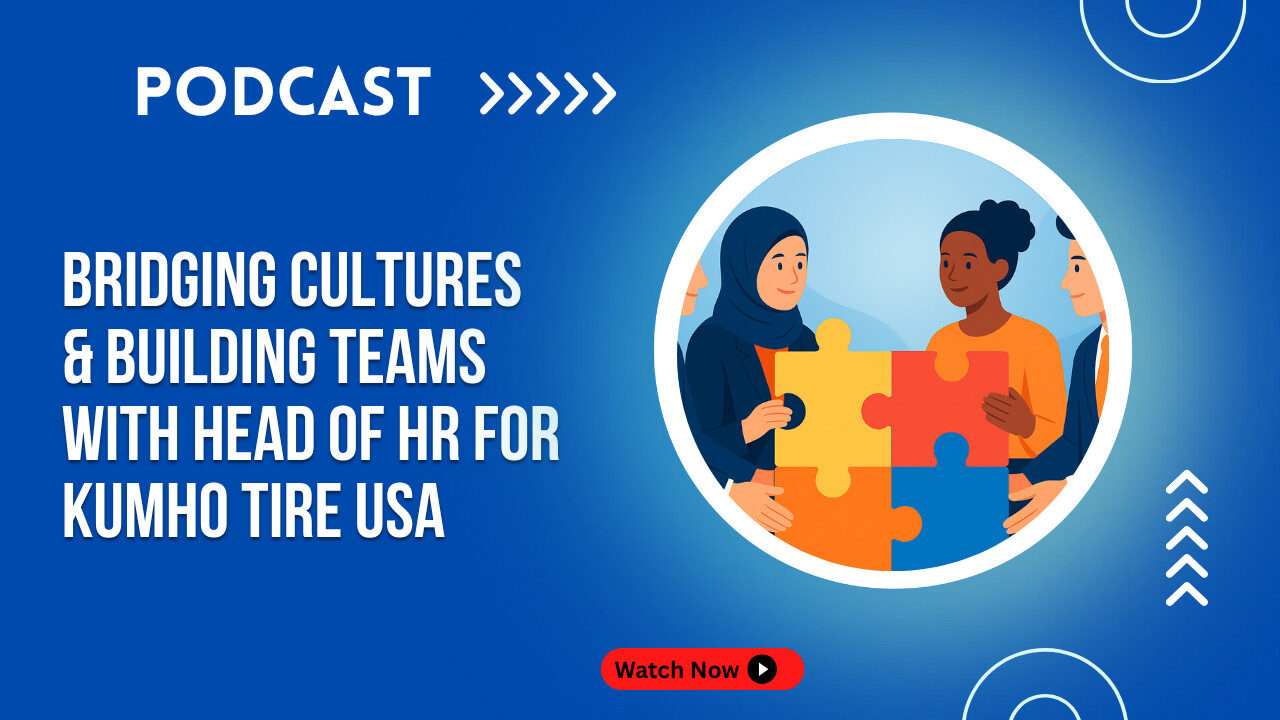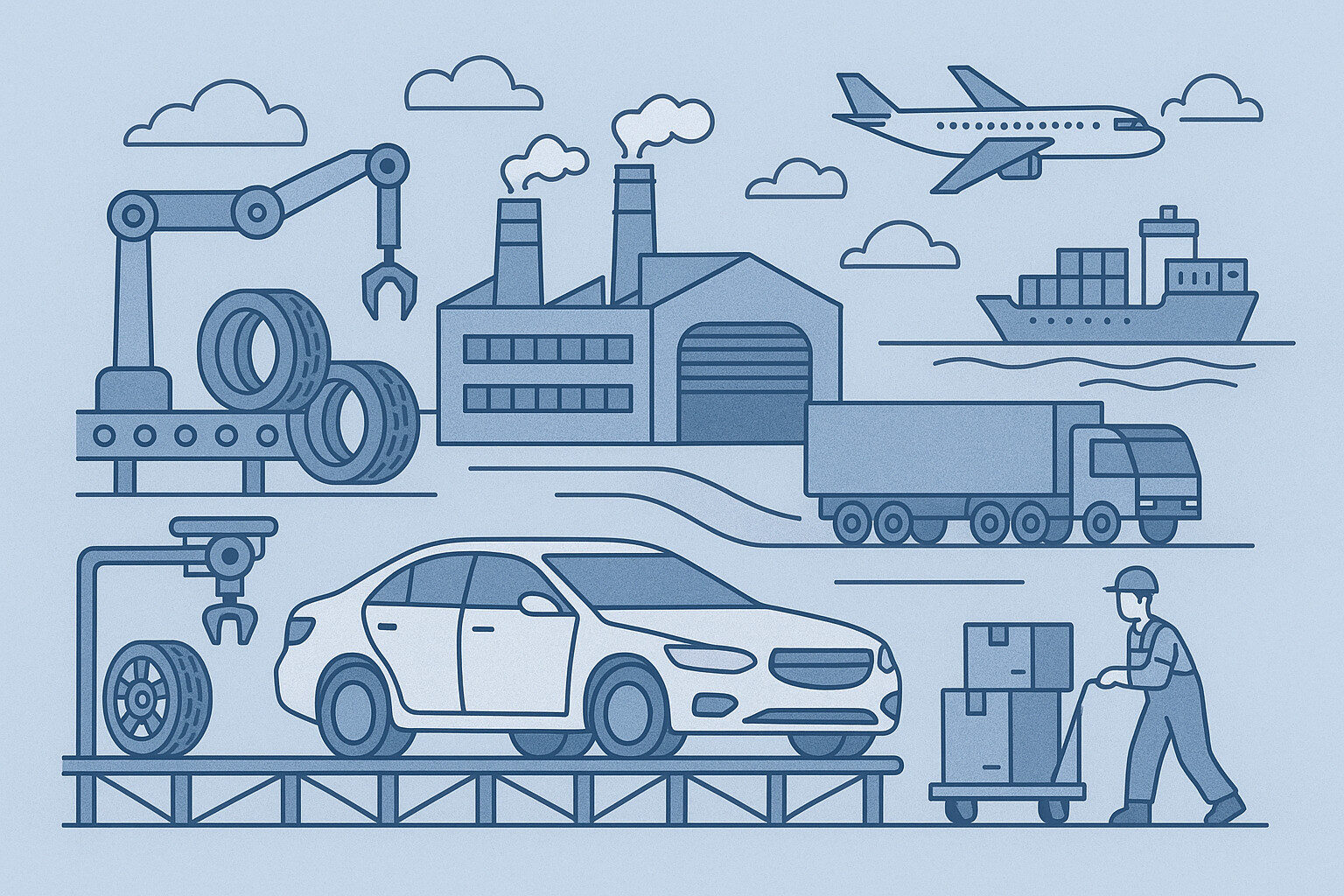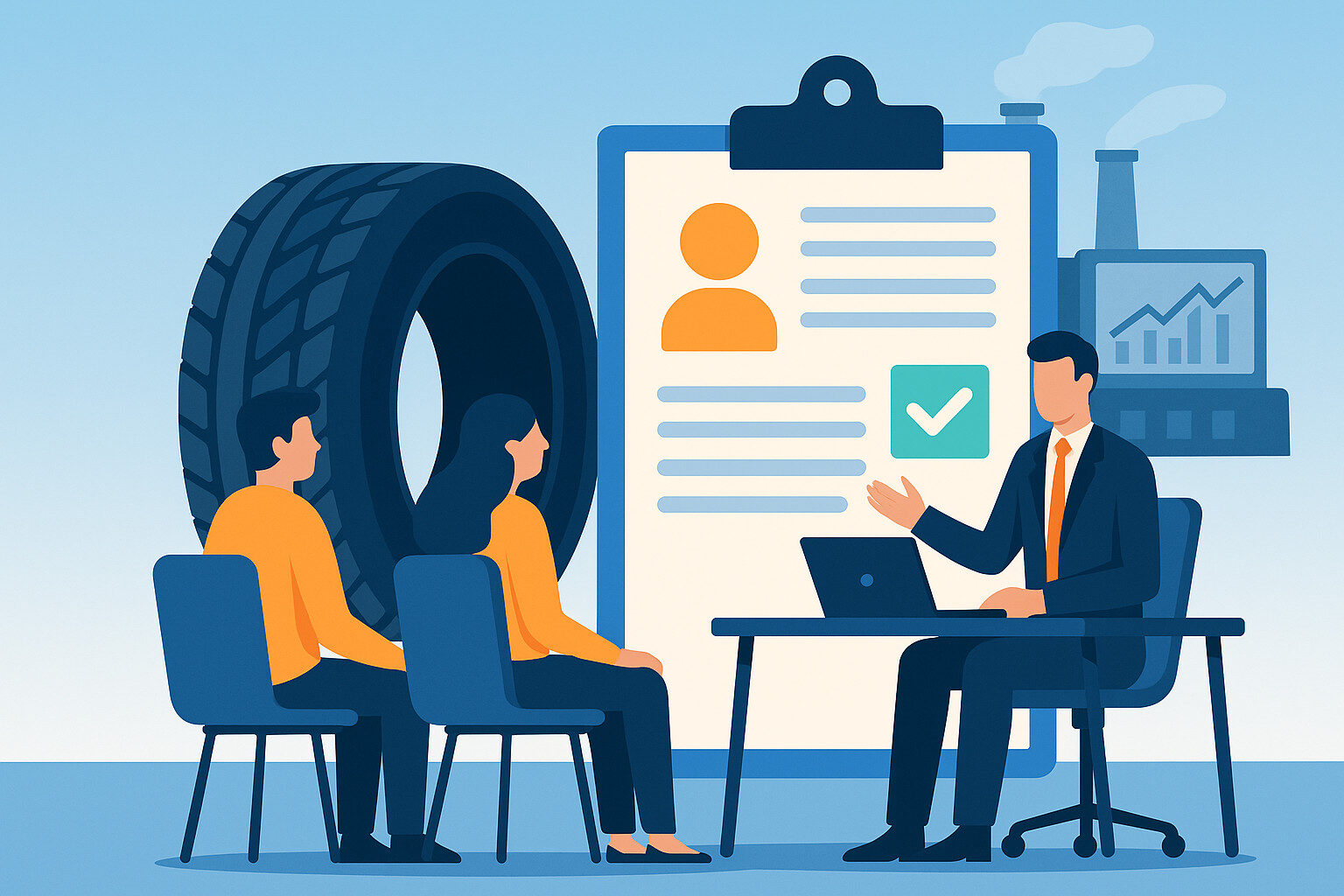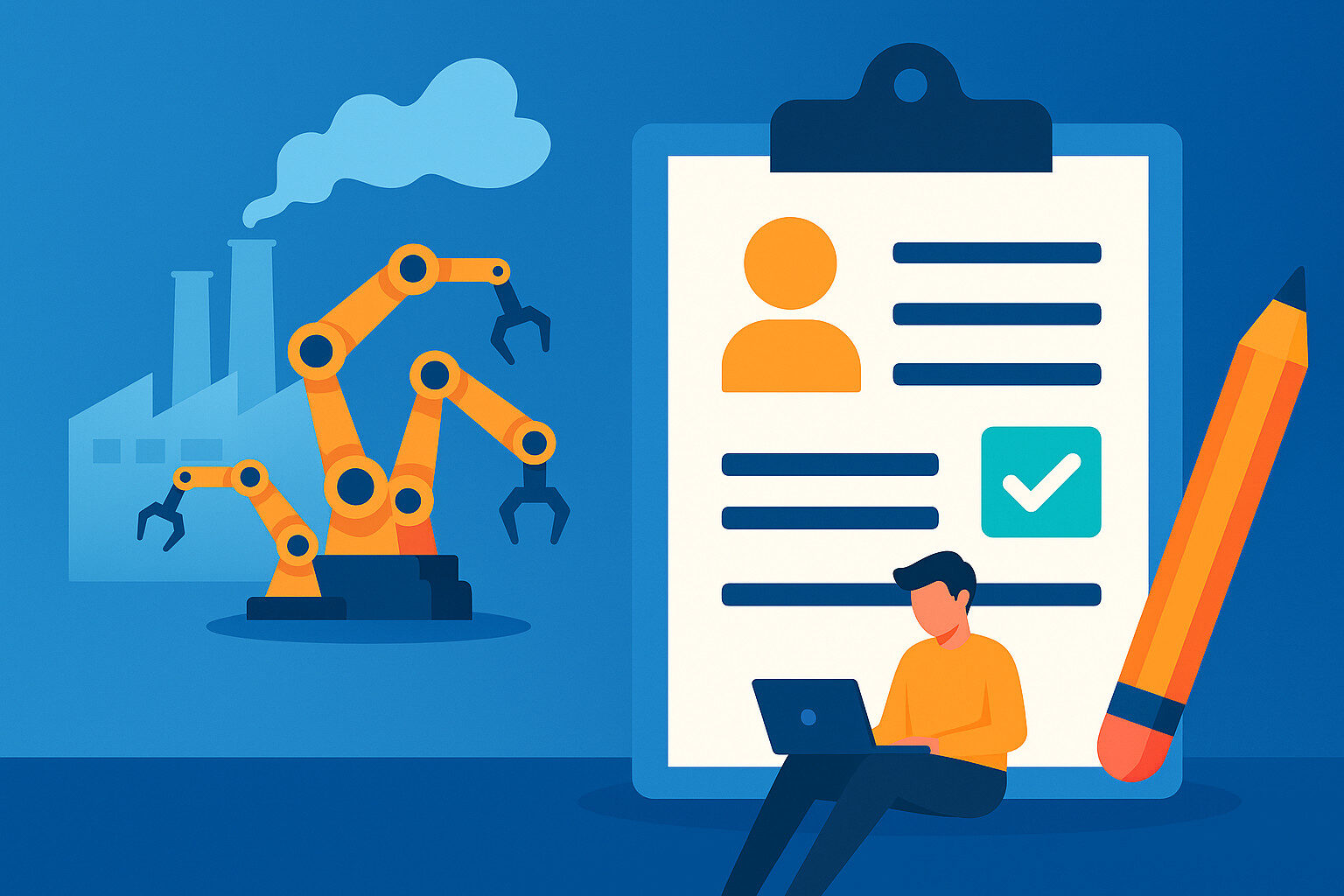HR in manufacturing is more than compliance and policies it’s about connecting people, culture, and business results. In this exclusive conversation, Michael Cioffi, Founder of Talent Traction, speaks with Julie Dongju Lee, Head of HR for Kumho Tire USA, who shares her remarkable journey from hospitality and cosmetics to leading people strategy in tire manufacturing.
Julie’s perspective bridges decades and industries, revealing how empathy, structure, and cross-cultural understanding power effective leadership in modern manufacturing.
From Hospitality to Manufacturing: A Career Built on People
Julie began her career in hotel management, studying at university and joining the Ritz-Carlton in Korea. Over two decades in hospitality, she mastered operations from housekeeping and food service to sales, finance, and marketing.
Her work in 24/7 hospitality environments made the transition to manufacturing natural both require precision, teamwork, and relentless attention to customer satisfaction. After leadership roles in integrated resorts and L’Oréal Korea, she joined Kumho Tire USA, bringing with her a foundation built on people-first management.
“In hotels, you sell rooms, experiences, emotions. In manufacturing, you produce tires but both rely on people doing their best work every day.”
Translating Experience Into Leadership
Hospitality taught Julie a lesson that transcends industries: leadership is emotional intelligence in action.
At Kumho Tire, she applies the same principles she learned at Ritz-Carlton empathy, service mindset, and collaboration to improve employee engagement and hiring outcomes.
Manufacturing, like hospitality, depends on coordination between departments production, logistics, HR, and sales. Julie views HR as the “connector” between these moving parts.
“People in HR don’t just manage paperwork we manage the heartbeat of the company.”
Bridging Generations in the Workforce
Julie leads teams spanning Baby Boomers to Gen Z. Her insight: younger workers value development over compensation.
“My sons are all Gen Z. They don’t stay for the paycheck, they stay for growth.”
To attract and retain these workers, companies must:
- Offer mentorship programs focused on career journeys, not just job performance.
- Create visible learning and promotion pathways.
- Replace annual reviews with ongoing feedback loops.
A recent McKinsey study supports her view Gen Z is the only generation that doesn’t rank pay in their top two job factors. Instead, they look for companies that invest in their future.
The “Salad Bowl” Approach to Diversity
Julie’s metaphor for inclusion is powerful: “Be a salad bowl, not a melting pot.”
At Kumho Tire USA, her teams include professionals from Korea, India, Pakistan, Brazil, and the U.S. Instead of blending away differences, they celebrate them.
“In a salad bowl, each ingredient keeps its flavor. Together, they create something new and better.”
Her approach:
- Establish a unifying company culture that honors every voice.
- Focus on shared goals rather than cultural assimilation.
- Empower local leaders to build psychological safety across global teams.
This model transforms diversity from a compliance box into a competitive advantage especially for global manufacturers expanding into the U.S. market.
Hiring the Right People vs. Filling Seats
Julie teaches managers that hiring is leadership, not logistics.
“The most dangerous decision is hiring a warm body.”
Rushed hires may fix short-term gaps but create long-term friction. Instead, she trains leaders to:
- Use structured interview processes with multiple reviewers.
- Define KPIs and expectations before posting jobs.
- Hire for alignment and values, not just experience.
Jim Collins said, “People aren’t your most important asset. The right people are.” Julie lives that principle daily.
Advice for Job Seekers
Julie also shared advice for candidates navigating today’s AI-driven application landscape:
- Customize your resume for every job one-size-fits-all resumes get lost in automation.
- Ask bold questions about career growth and mentorship during interviews.
- Show genuine passion authenticity stands out more than keyword stuffing.
Recruiters and hiring managers see hundreds of automated profiles daily. Candidates who tell a clear story and show how they’ll contribute rise above the noise.
AI and the Future of HR
Julie acknowledges AI’s dual impact on HR: automation and transformation.
AI is already reshaping payroll, compliance, and candidate screening reducing administrative workloads. Yet, she believes human connection is irreplaceable in functions like:
- Employee relations
- Leadership coaching
- Cultural alignment
“AI can manage data. It can’t manage people.”
As manufacturing digitizes, HR must lead by identifying which roles will evolve, which can be automated, and which require deeper human engagement.
Lifelong Learning: A Personal Inspiration
In one of the interview’s most touching moments, Julie shared how she graduated from Purdue University alongside her son, both earning degrees in 2024.
Her message: continuous learning isn’t optional it’s survival.
“The world is changing faster than ever. The only way to lead change is to keep learning.”
Her commitment to lifelong learning sets a model for HR professionals navigating automation, global teams, and shifting generational values.
Takeaways for HR & Manufacturing Leaders
Julie’s conversation with Mike distills decades of experience into timeless principles:
- Lead with empathy, not hierarchy.
- Invest in Gen Z’s growth, not just salaries.
- Build salad-bowl teams diverse and synergistic.
- Hire right, even if it takes longer.
- Adopt AI as a tool, not a replacement.
- Keep learning, always.
Closing Thoughts
“Bridging Cultures & Building Teams” isn’t just the title of a video it’s a roadmap for modern HR. Julie Dongju Lee reminds us that even in tire manufacturing, leadership starts with humanity.
If you’re a manufacturing or HR leader, use these lessons to strengthen your culture, future-proof your workforce, and keep your teams inspired in an age of constant change.




